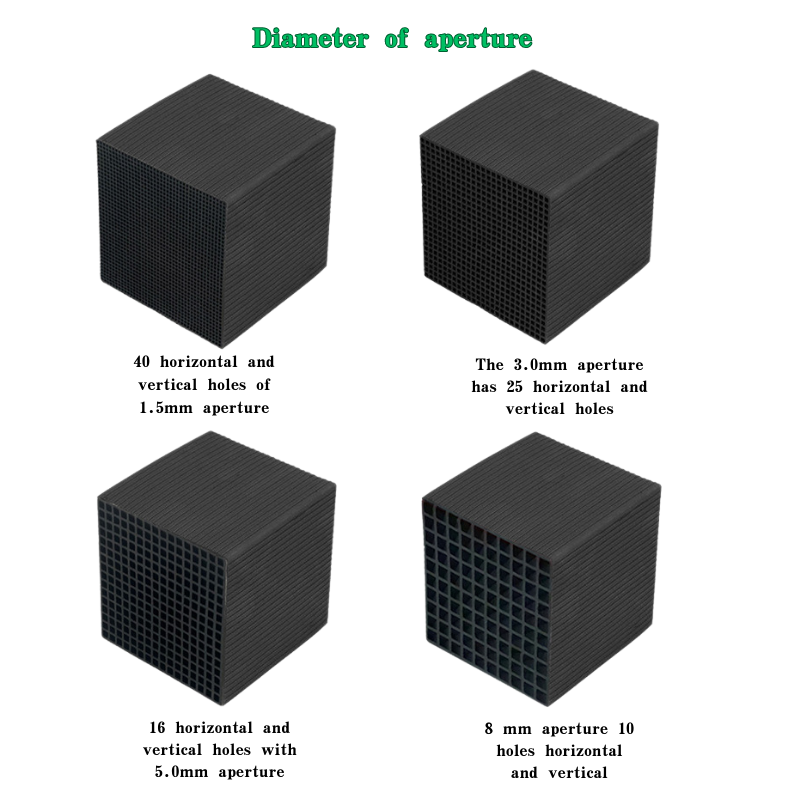
China Manufacturers of High-Quality Kaolin White Clay for Various Applications
The Growing Market for Kaolin White Clay in China
Kaolin, commonly known as china clay, is a finely textured clay that has gained immense popularity due to its versatile applications in various industries. China, being one of the leading manufacturers and suppliers of kaolin white clay, plays a crucial role in the global market. The country’s rich deposits and advanced processing technologies make it a preferred choice for various applications, including ceramics, paper, rubber, plastic, and even cosmetics.
The Properties of Kaolin
Kaolin is primarily composed of kaolinite, a layered silicate mineral, which gives it a unique white color and fine particle size. Its aesthetic appeal combined with excellent performance characteristics makes kaolin an indispensable material across diverse sectors. The clay is known for its plasticity, low shrinkage, and ability to remain stable under different temperatures, which allows for a high level of versatility in manufacturing processes.
Industrial Applications
1. Ceramics One of the most extensive applications of kaolin white clay is in the ceramics industry. It is used in the production of porcelain, stoneware, and tiles. Kaolin's purity and whiteness enhance the final product’s aesthetic properties, making it an essential component in manufacturing high-quality ceramics.
2. Paper The paper industry also significantly utilizes kaolin. It serves as a filler and coating material, improving the opacity, brightness, and smoothness of paper. The demand for high-quality paper products drives the continuous need for kaolin, making it a vital resource.
3. Paints and Coatings Kaolin enhances the performance of paints and coatings by providing better coverage and improved durability. The white clay's ability to resist degradation and fading makes it highly sought after in this sector.
china kaolin white clay manufacturers

4. Plastics and Rubber In the plastics industry, kaolin acts as a filler, improving tensile strength and resistance to heat and UV radiation. This characteristic is also valuable in the rubber industry, where it is used to enhance the mechanical properties of rubber products.
5. Cosmetics The beauty industry has also tapped into the benefits of kaolin. Its fine texture and absorbent properties make it an ideal ingredient in facial masks, powders, and other cosmetics. Kaolin's natural origins and safety profile contribute to its popularity among consumers seeking gentle and effective beauty products.
Challenges Facing the Industry
Despite its advantages, the kaolin industry in China faces several challenges. Environmental regulations are becoming increasingly stringent, prompting manufacturers to adopt sustainable practices. Companies are investing in eco-friendly processing techniques to comply with regulations while minimizing their ecological footprint.
Additionally, international competition has intensified, with suppliers from other countries entering the market. To maintain their competitive edge, Chinese manufacturers must innovate and improve their production methods, focusing on quality and sustainability.
Future Prospects
The future of kaolin white clay in China looks promising. With the expansion of industries such as electronics, automotive, and construction, the demand for high-quality kaolin is expected to rise. Manufacturers are increasingly focusing on research and development to explore new uses for kaolin, including in nanotechnology and advanced materials.
In conclusion, China's position as a leading manufacturer of kaolin white clay is a testament to its rich resources and innovative capacity. As industries continue to evolve and demand for quality materials grows, kaolin will remain a vital component in various manufacturing processes, ensuring its significance in both the national and global markets. The ongoing advancements in sustainable practices will further enhance the reputation of Chinese kaolin producers, allowing them to cater to consumer demand while also focusing on environmental responsibility.
Share
-
Premium Pigment Supplier Custom Solutions & Bulk OrdersNewsMay.30,2025
-
Top China Slag Fly Ash Manufacturer OEM Factory SolutionsNewsMay.30,2025
-
Natural Lava Rock & Pumice for Landscaping Durable Volcanic SolutionsNewsMay.30,2025
-
Custom Micro Silica Fume Powder Manufacturers High-Purity SolutionsNewsMay.29,2025
-
Custom Mica Powder Pigment Manufacturers Vibrant Colors & Bulk OrdersNewsMay.29,2025
-
Custom Micro Silica Fume Powder Manufacturers Premium QualityNewsMay.29,2025






